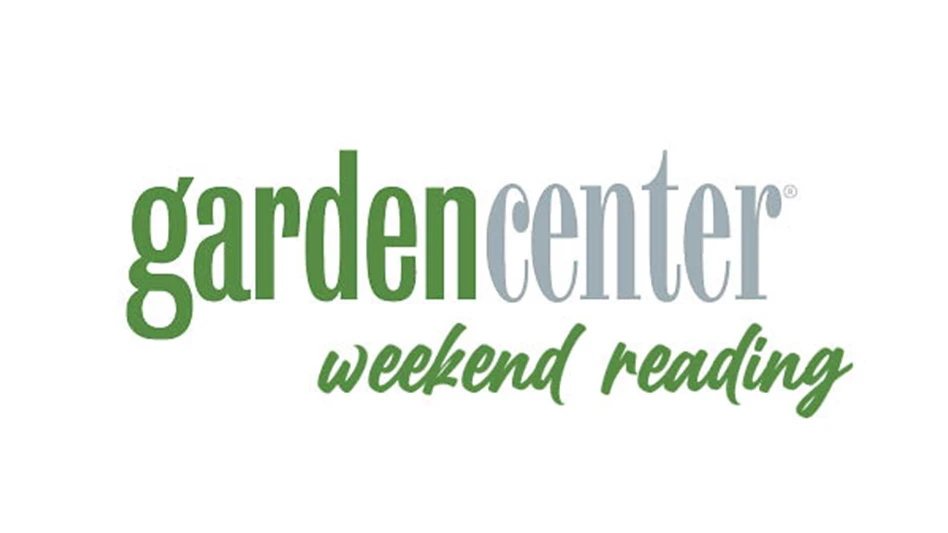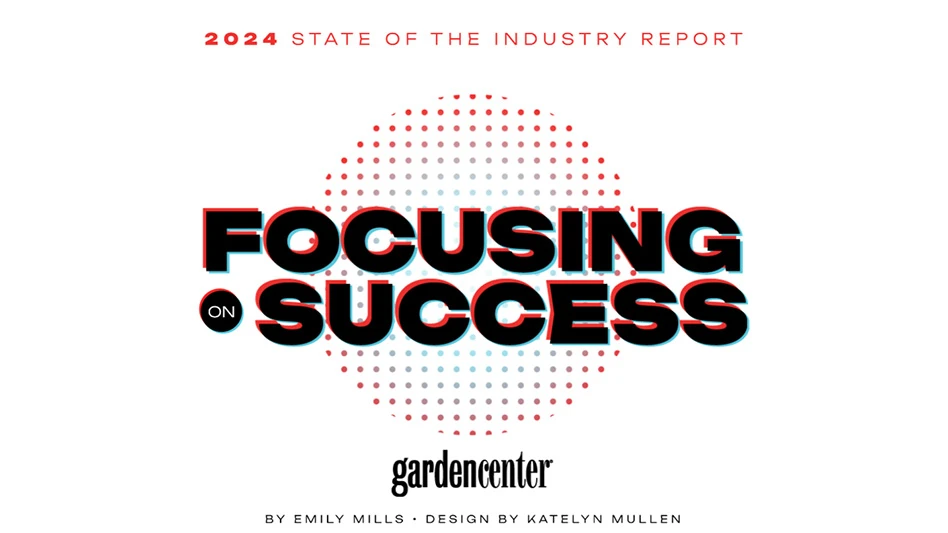The Conference Board Consumer Confidence Index, which had declined in October, improved in November. The Index now stands at 56.0, up from 40.9 in October. The Present Situation Index increased to 38.3 from 27.1. The Expectations Index rose to 67.8 from 50.0.
The monthly Consumer Confidence Survey, based on a probability-design random sample, is conducted for The Conference Board by Nielsen, a leading global provider of information and analytics around what consumers buy and watch. The cutoff date for the preliminary results was November 15th.
Said Lynn Franco, director of The Conference Board Consumer Research Center: “Confidence has bounced back to levels last seen during the summer (July 2011, 59.2). Consumers’ assessment of current conditions finally improved, after six months of steady declines. Consumers’ apprehension regarding the short-term outlook for business conditions, jobs and income prospects eased considerably. Consumers appear to be entering the holiday season in better spirits, though overall readings remain historically weak.”
Consumers' appraisal of present-day conditions improved in November. Those stating business conditions are “good” increased to 13.3 percent from 11.2 percent, while those stating business conditions are “bad” declined to 38.2 percent from 43.7 percent. Consumers’ appraisal of the labor market was also more upbeat. Those claiming jobs are “plentiful” increased to 5.8 percent from 3.6 percent, while those saying jobs are “hard to get” decreased to 42.1 percent from 46.9 percent.
Consumers' short-term outlook, which had declined last month, was less negative in November. The proportion of consumers anticipating business conditions to improve over the next six months increased to 13.6 percent from 10.2 percent, while those anticipating business conditions will worsen declined to 15.8 percent from 21.3 percent.
Consumers' outlook for the job market also improved. Those expecting more jobs in the months ahead rose to 12.9 percent from 10.8 percent, while those expecting fewer jobs decreased to 24.1 percent from 27.6 percent. The proportion of consumers anticipating an increase in their incomes rose to 14.9 percent from 11.1 percent.
Latest from Garden Center
- Plant Development Services, Inc. unveils plant varieties debuting in 2025
- Promo kit available to celebrate first National Wave Day on May 3
- Applications now open for American Floral Endowment graduate scholarships
- Endless Summer Hydrangeas celebrates 20 years with community plantings
- Invest in silver
- Garden Center magazine announces dates for 2025 Garden Center Conference & Expo
- USDA launches $2 billion in aid for floriculture growers
- Seed packaging for Ball Seed moves into new building





